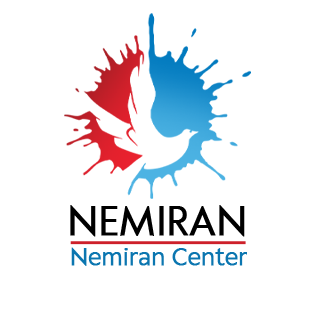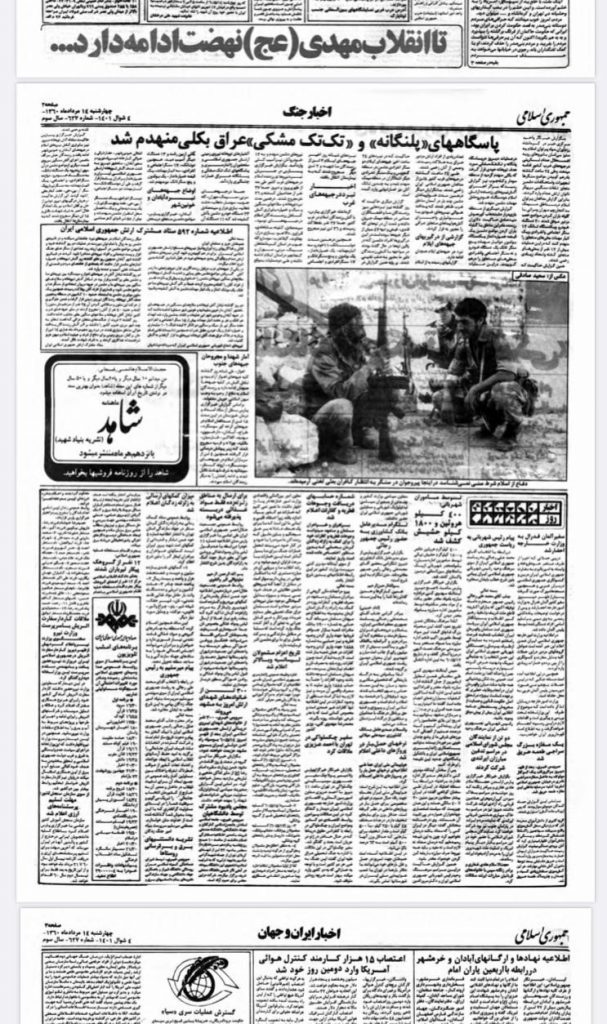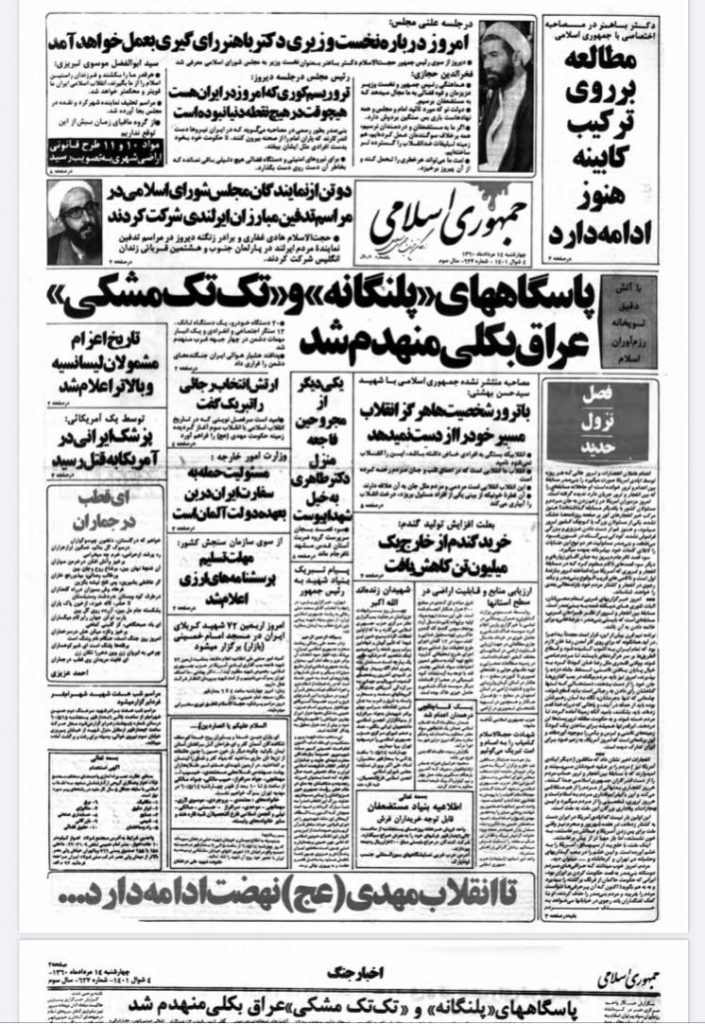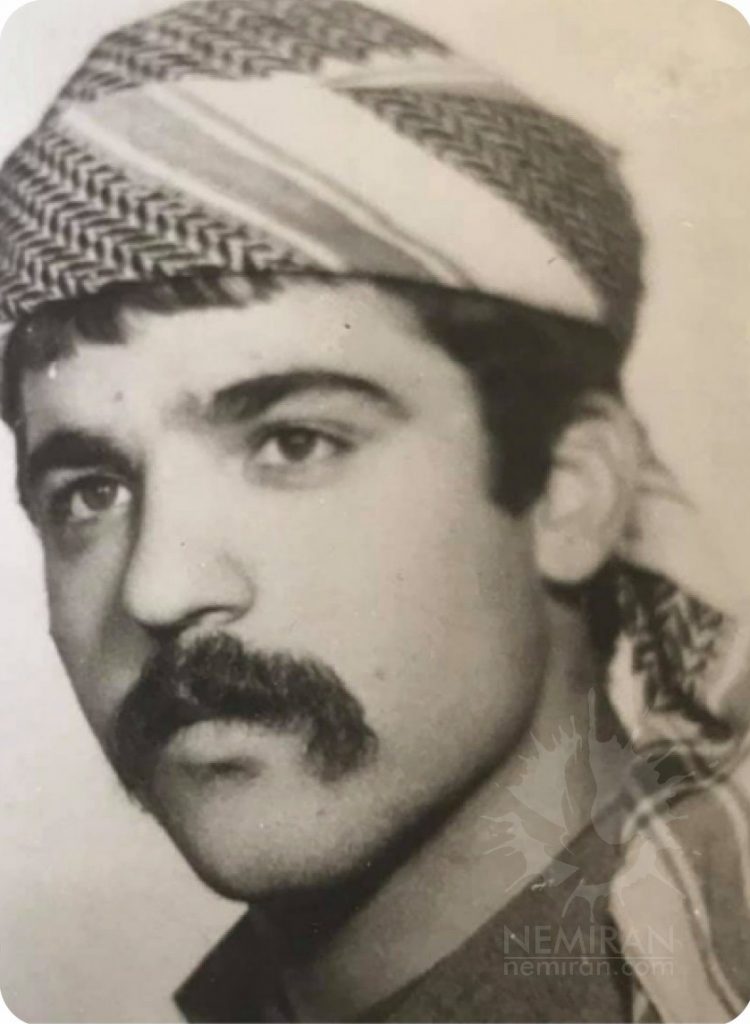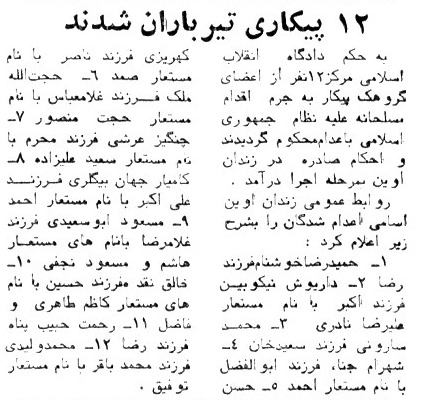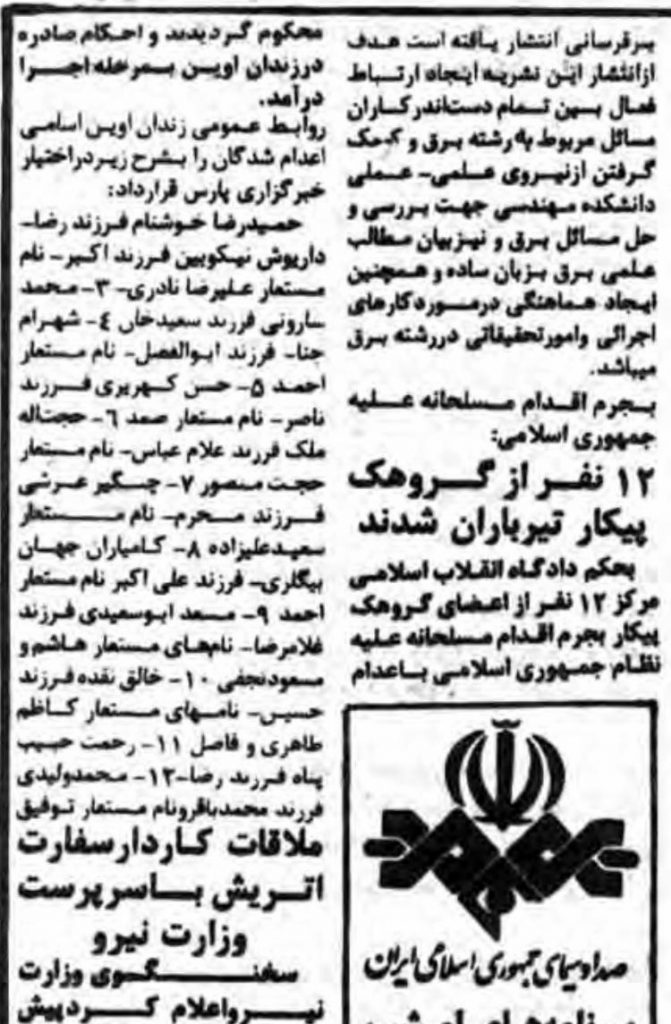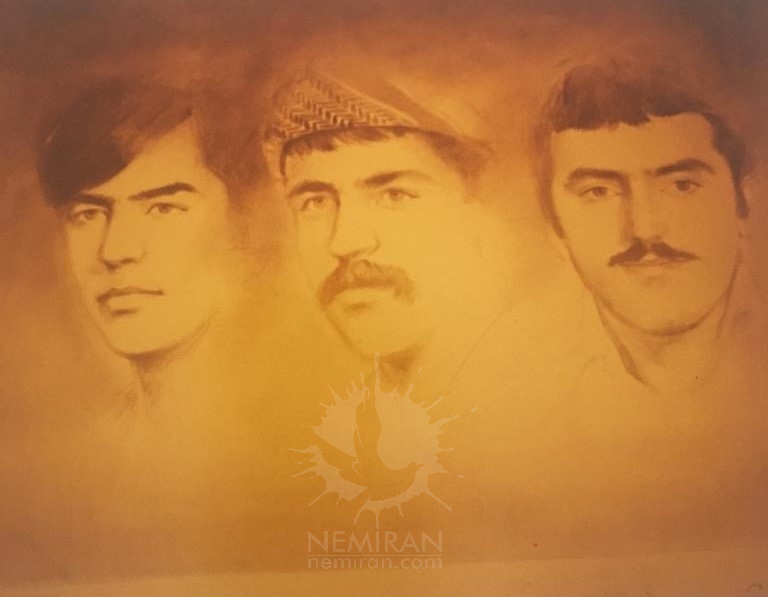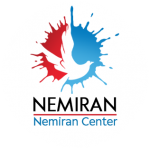Khaleq left the world, his memory will last forever
Khaleq Naghadeh / Naghadayan, Mostafa’s son, was born in Mahabad in 1334 Iranian calendar (1955). He graduated from high school in the same city in literature.
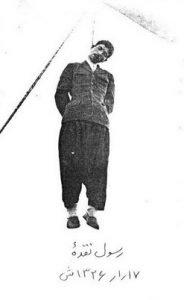
He joined the organization “Peykar” in 1358 (1979) and was accepted into the cadre. He was born into a progressive working family. All family members participated and played an active role in the freedom movement in Kurdistan during the time of the Shah monarchy and the era of the Islamic regime. His uncle Rasul Naghadyan was an officer during the Kurdistan Republic 1945-1946. He was hanged with three other Kurdish officers on 13/1/1325 (30/3/1946) three days after the execution of Qazi Mohammad and his companions in Mahabad. This event left an eternal tragic wound in the family and, on the one hand, became an infinite motive to engage against the Shah monarchy in all epochs.
Khaleq held a special place among his friends, family, and fellow citizens because of his dignified, honest, and compassionate personality. He fought tirelessly for the realization of his rights and convictions. He was a very willing person to help others.
In the midst of the Iranian Revolution in 1978, he played an important role in organizing protest rallies. He was at least an active participant in the protests and demonstrations against the Shah regime if he was not one of the organizers of the demonstrations himself. He joined the organization “Society for the Defense of Workers of the Kurdish People”. Finally, in 1979, he joined the “Peykar” organization. He served in this organization as a peshmerga or military cadre in the cities of Baneh and Sardasht. It should also be noted that he played a formative role in the recapture of the Saqqez garrison by Kurdish fighters.
Khaleq had a large family of seven siblings, and all family members had different political convictions. The deep conviction of freedom was the reason for the family members to choose their own political orientation. One of his brothers was active in the Fadayian organization, the other was a member of the Democratic Party of Iranian Kurdistan and the third one was member of the Komala organization.
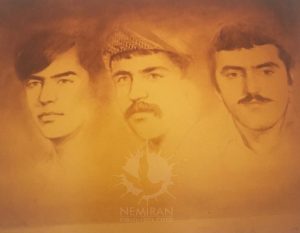
The parents were under constant pressure from the security forces of the Islamic Republic of Iran because of their children’s political activities. The forces invaded their home several times in the middle of the night. They climbed through the gate and the walls and got into the house without permission or a court order. They harassed and tortured the elderly parents. They were put under pressure to force their children to stop their political activities and surrender to the security forces. But the parents saw the presence of their children in the Kurdistan Liberation Movement as a national duty of their children. They did not step back in that direction and bravely resisted the pressure.
In June 1981, Khaleq and two other companions, Rahmat Habib Panah and Mohammad Walidi, settled in Tehran to do organizational work and tasks. Unfortunately, they were identified by the Islamic Republic of Iran’s spies and their place of residence in Tehran was surrounded by security forces. After about half an hour of heroic resistance, they were wounded, arrested and taken to an undisclosed location.
After Khaleq was arrested, his parents tried to find out their child’s health and whereabouts. They traveled to Tehran several times for this purpose. The news of the execution of the prisoners “Khaleq Naghadayan” and “Rahmat Habib Panah” together with several anti-Islamic activists of Iran, most of them members of “Peykar”, in Tehran’s Evin prison was published in the media on 14/5/1360 Iranian calendar (5/8/1981). The news was shocking and showed the dimensions of the repression and brutality against the Iranian opposition, as the regime even executed the wounded. In the official government newspapers of 14/5/1360 Iranian calendar (5/8/1981), a press release from Evin Prison reported: “Khaleq Naghadayan, son of Hussein, nicknamed “Kazem Taheri” and “Fazel”, was sentenced to death by the Central Revolutionary Court for trying to wage an armed struggle against the Islamic Republic of Iran. His death sentence was carried out on 13/5/1360 in Evin Prison in Tehran. “
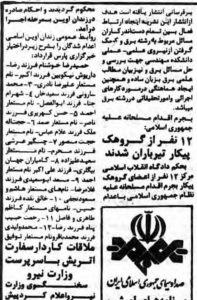
The Kurdistan Committee of the Peykar Organization commemorated these three martyrs along with nine other executed people in an article that appeared in Peykar magazine No. 124 of 17/5/1360. His family tried hard to get their son’s body. Unfortunately, their efforts were in vain. The government even withheld the lifeless body of their executed child. They were only told that the bodies of their loved ones had been interred in the Khavaran Cemetery in Tehran. The security forces severely threatened the family if they were holding a condolence meeting or funeral ceremony. According to reports, the government later moved the graves of many victims to Lantabad Cemetery (2) in order to cover up the traces of their burial sites.
May your names and memories remain unforgettable.
(1) According to the family, Khaleq gave his father’s name as Hossein while in prison in order to save his father’s life. But Hossein Naghadayan was his uncle, who had died two months earlier. For this reason, the father was named “Hussein” in the execution documents and announcements of the Islamic Wisdom of Iran. But his father’s name was Mostafa.
(2) The word Lanantabad means place of the accursed. This cemetery was used to bury the executed opposition activists in order to cover up the traces of the state crime.
Gallery
